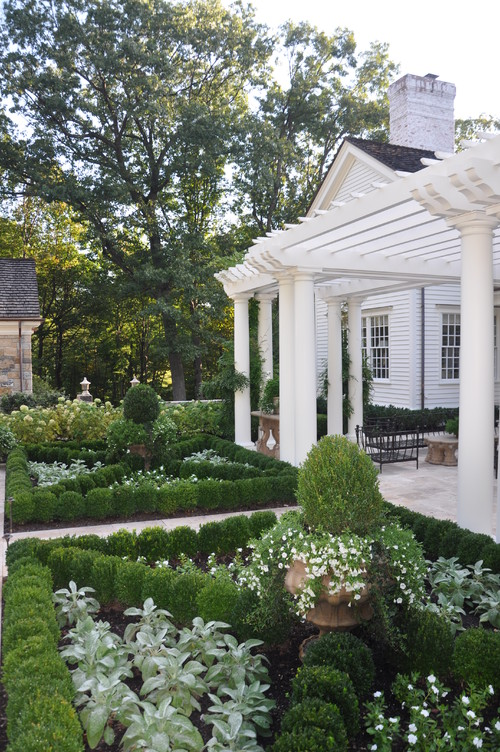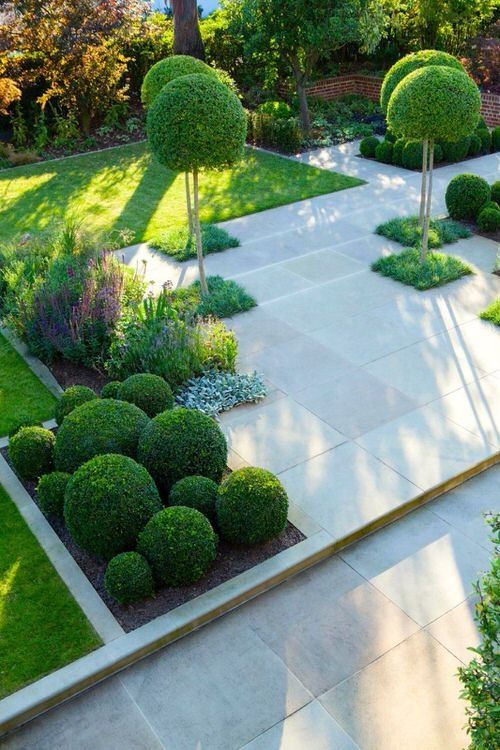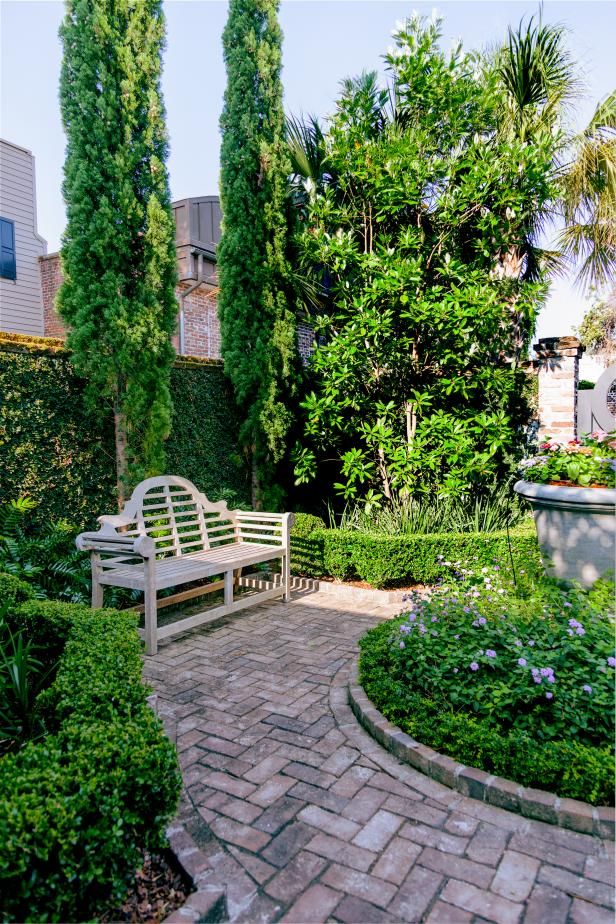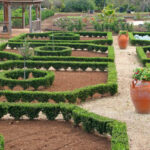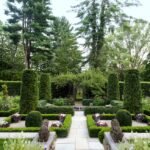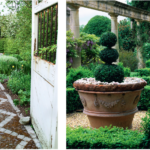Formal garden design is a style of landscaping based on symmetry, structure, and precision. This type of garden is characterized by its geometric shapes, orderly layout, and meticulously maintained plantings. Formal gardens have been popular since ancient times, with influences from Roman, French, and Italian garden design. They are often associated with grand estates, palaces, and public parks, showcasing a sense of elegance and sophistication.
One key feature of formal garden design is symmetry. Paths, hedges, and plantings are arranged in a balanced and harmonious manner, creating a sense of order and unity. This symmetrical arrangement can often be seen in the use of geometric shapes such as squares, circles, and rectangles. This precision in layout helps to create a sense of calm and harmony within the garden space.
Another important element of formal garden design is structure. This style of landscaping typically incorporates architectural elements such as fountains, statues, and formal garden furniture. These features help to define the space and add visual interest to the garden. Formal gardens often include carefully clipped hedges, well-manicured lawns, and neatly trimmed plants, creating a clean and polished look.
Formal gardens also tend to feature a limited color palette, with a focus on greenery and white flowers. This minimalist approach to color allows the structural elements of the garden to shine and creates a sense of sophistication and refinement. Plants are often pruned and shaped to maintain a uniform appearance, enhancing the overall sense of order and balance within the garden.
In addition to symmetry and structure, formal garden design also emphasizes the use of focal points. These can be architectural features, such as a fountain or statue, or carefully placed plantings that draw the eye and create visual interest. Focal points help to anchor the design of the garden and provide a sense of cohesion and balance.
Overall, formal garden design is a timeless and elegant style of landscaping that embodies the principles of symmetry, structure, and precision. Whether in a grand estate or a small backyard, the carefully planned layout and meticulous attention to detail in a formal garden create a sense of beauty and tranquility. With its roots in history and its enduring appeal, formal garden design continues to be a popular choice for those seeking a refined and polished outdoor space.
 yishifashion Where Outdoor Dreams Become Reality
yishifashion Where Outdoor Dreams Become Reality
